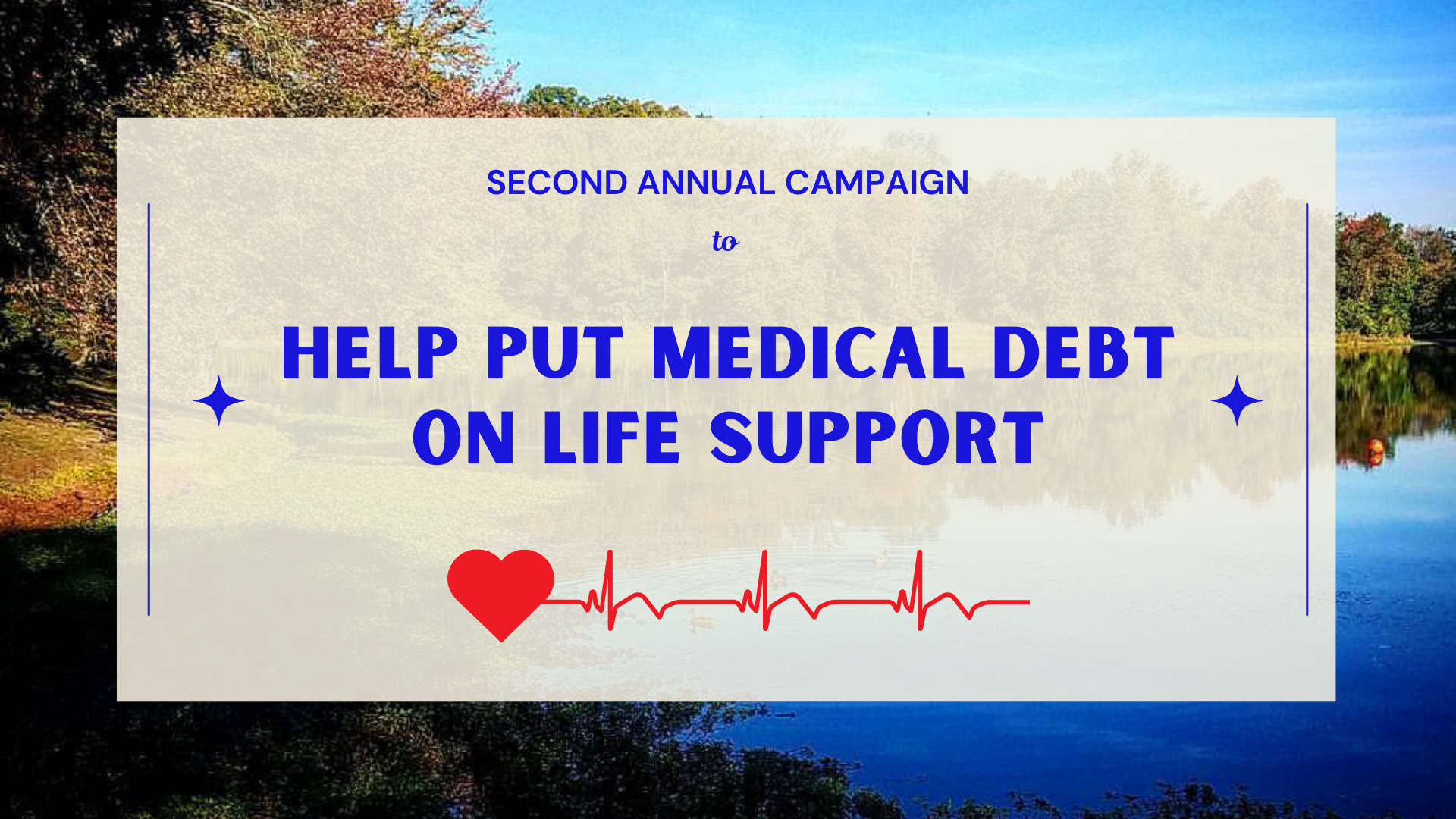The Problem
In the past forty years, medical costs have doubled, insurance copays and deductibles have spiked, and bankruptcy rates have quadrupled. Over 60% of bankruptcies in America have medical debt as a root cause.
Like many Americans, many hard-working Texans save for financial independence. Still, they may not be ready for an unexpected medical bill that they find challenging to pay off, such as a bill for $1,000+.
Even after medical insurance payouts, there can be unaffordable monthly medical bill payments that Texans must make, threatening their financial stability. Texans who normally would never dream of ignoring a bill are forced to choose between providing for their family and carving deep into their utility and food budget to pay off a debt incurred through no fault of their own.
Without help, some will never escape the burden of their medical debts.
How You Can Help
Undue Medical Debt uses donations to purchase bundled medical debt portfolios from hospitals and on the secondary debt market. Undue targets debt incurred by people facing financial hardship and then abolishes it. On average, $1 is leveraged to abolish $100 in medical debt, and every donation through this page will be spent directly on abolishing debt in Texas.
When debt-relief recipients open the yellow envelope from Undue, they are told that their debt has been bought by a third party and erased with no strings attached. They owe nothing on the debt and face no tax penalty. A recent beneficiary wrote us, saying:
“I read my letter over a few times to make sure it was the real thing. Receiving this debt relief renewed my faith that I can get back on track. It jump-started it – that we can do this – I can get back in the game! It’s unheard of what Undue does, and it’s a game changer in the medical world. It’s a game-changer for me.”
— Reagan, Murchison, TX.
Every dollar you contribute is on par with a $100 investment in Texan towns and cities. Money will stay in the community instead of being taken by out-of-state debt collectors. On average, $16 can abolish the medical debt of an entire family, allowing them to invest in a home, schooling, or retirement.






